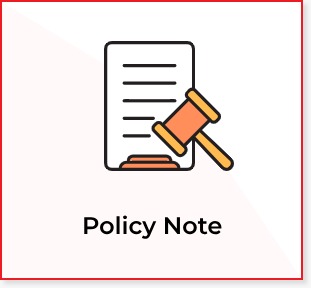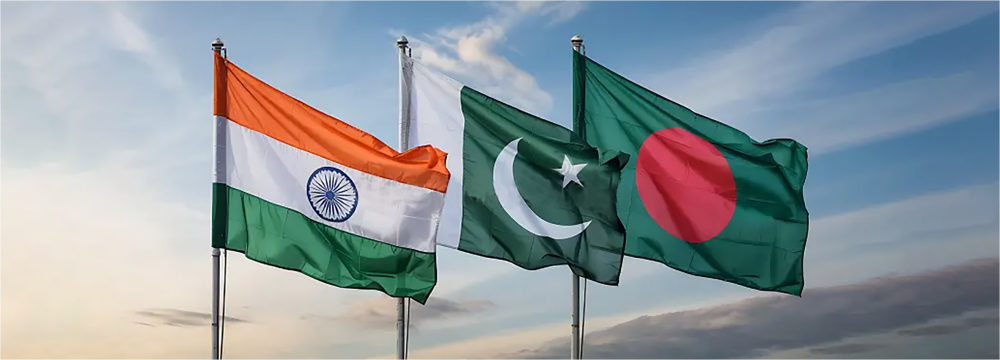The Kamyab Pakistan Programme (KPP) was launched by the Prime Minister on October 4, 2021 to address low-income households’ vulnerability to income shocks. Under KPP, the government will provide subsidised, interest-free microloans to 3.7 million families over a period of five years to support growth of small firms and farms. The KPP aims to reduce poverty and transition families towards sustainable livelihoods by building skills, making health insurance mandatory for all borrowers, and providing the opportunity to avail low-cost housing.
However, the vulnerability of low-income households is further exacerbated because low-income households are more susceptible to the high costs of pollution (air and water) and income shocks associated with climate change; and low levels of women participation in economic activity have deprived low-income households the opportunity to increase and diversify sources of income that can create a path to sustained economic growth.
This project reviews existing literature and datasets to investigate how to make KPP an intervention that strengthens low-income households’ ability to manage economic vulnerability through lowering environmental costs and diversifying income sources by increasing the participation of women in the labour force. The team analyzed the sources of vulnerability differently, focusing on environmental risk factors affecting health and women’s contribution to household income. Existing data and papers were reviewed to better understand Pakistan’s current health burden linked with environmental risk factors and the situation with respect to gender inclusion, with a particular focus on vulnerable, low-income households. In doing so, the report also comes out with conclusions that go beyond KPP and appear to be foundational steps for any development program that strives to support Pakistan citizens to be healthier and more productive.
This study was funded by the International Growth Centre (IGC) in 2022.










